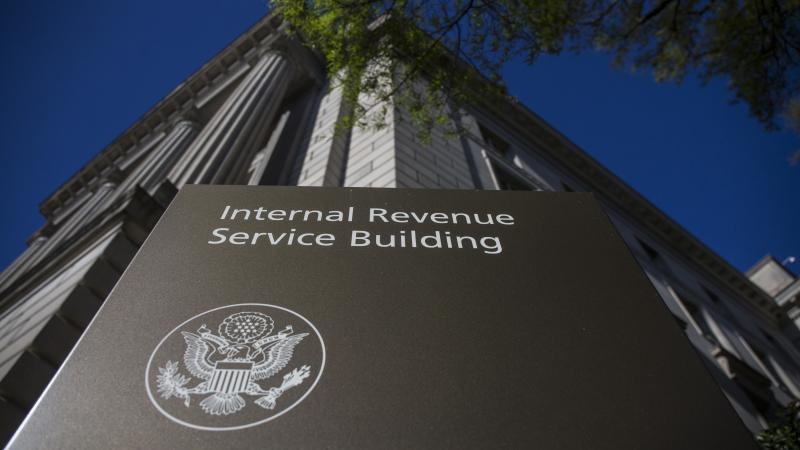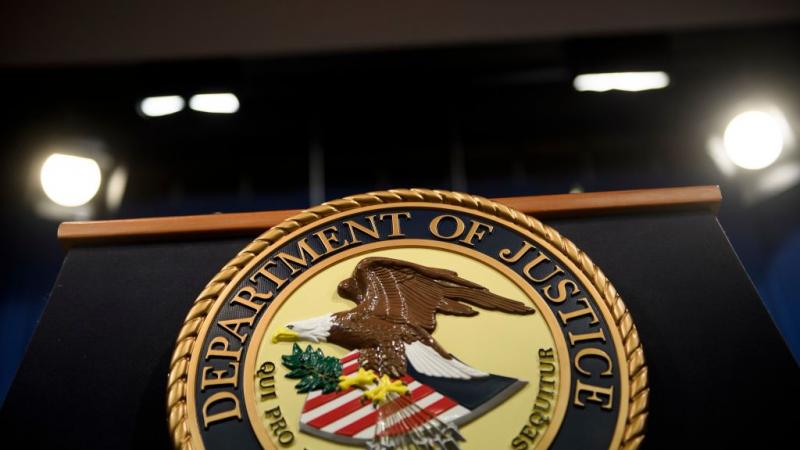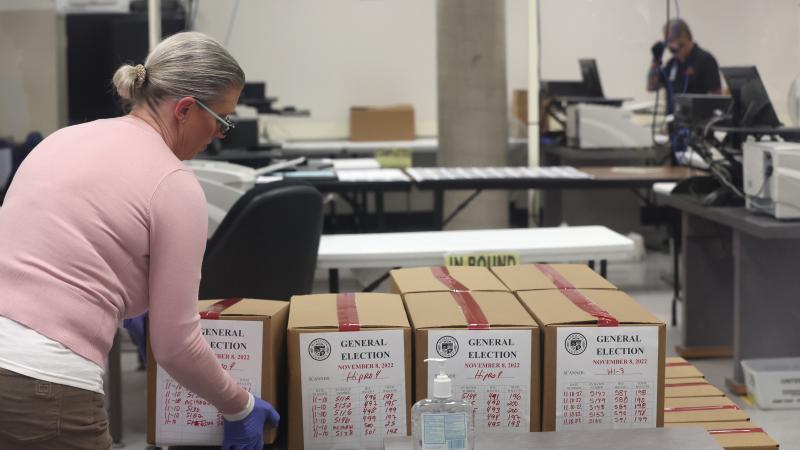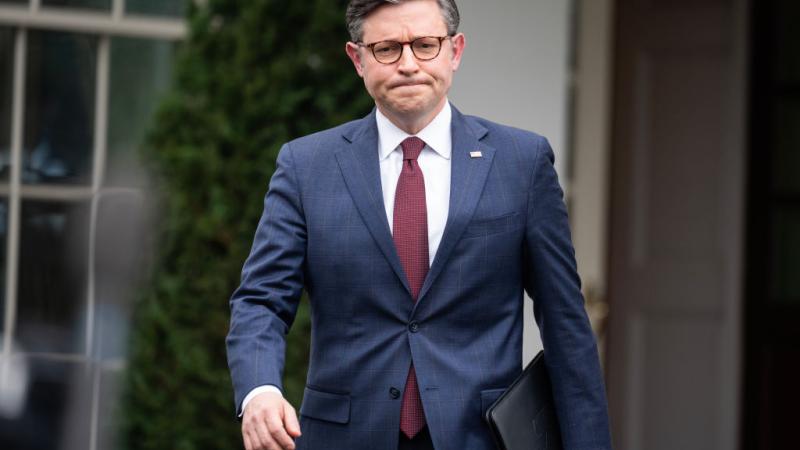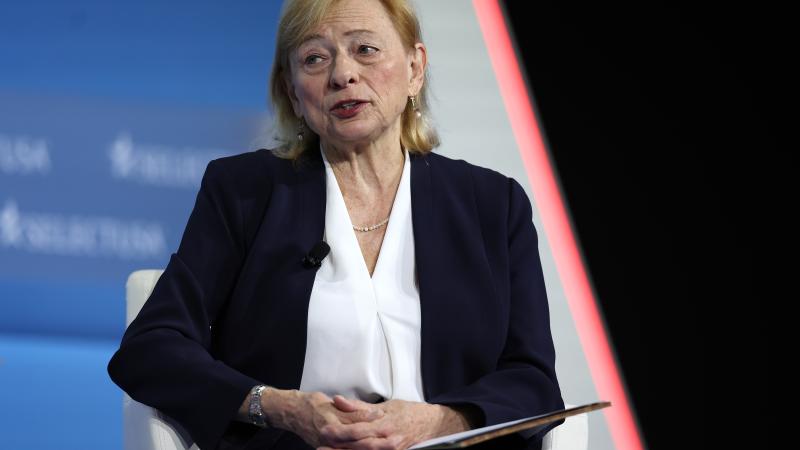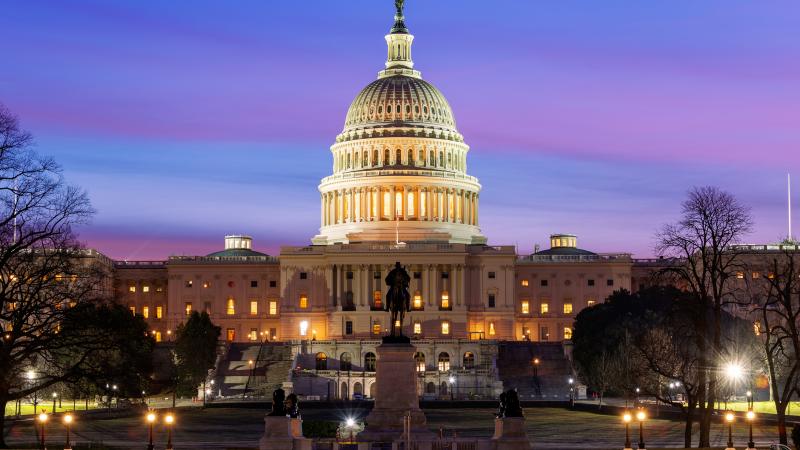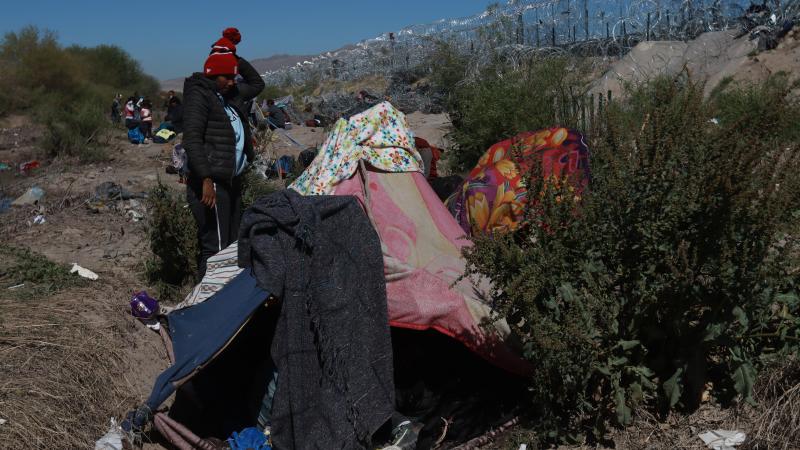Judge orders IRS to reveal if it criminally investigated Clinton Foundation, citing records 'gap'
Tax court refuses to dismiss whistleblowers' case involving famous political family charity, remands case back to agency to fill in blanks.
A U.S. Tax Court judge has ordered the Internal Revenue Service to reveal if it criminally investigated the Clinton Foundation, directing the agency to cure a mysterious "gap" in its records in the case.
Most of the proceedings in the case involving the Clinton Foundation and the whistleblowers Lawrence W. Doyle and John F. Moynihan have been sealed, but U.S. Tax Court Judge David Gustafson authorized the release of an April 22 ruling to Just the News this week.
In it, Gustafson remanded the case back to the IRS Whistleblower Office (WO), saying the agency's claim there was no criminal investigation against the Clinton Foundation "was not supported by the administrative record and thus constituted an abuse of discretion."
"The WO must further investigate to determine whether CI [criminal investigative division] proceeded with an investigation based on petitioners' information and collected proceeds," the judge ruled. "… It seems clear we should remand the case to the WO so that it can explore this gap."
While ordering the IRS to reveal whether the Clinton Foundation was criminally investigated, the judge declined the whistleblowers' request to take an Arkansas state official's deposition or compel discovery in the case, saying such actions were "outside the scope of proper discovery."
"Petitioners evidently look forward to a trial in which they hope to prove wrongdoing and tax evasion by the target entities and to prove dereliction of duty by the IRS," he added. "There will be no such trial in this case."
Gustafson's ruling, nonetheless, adds a new chapter of intrigue in a case that first surfaced three years ago when Doyle and Moynihan, two respected forensic financial investigators, revealed the existence of their IRS whistleblower complaint against the Clinton Foundation during a congressional hearing.
Moynihan and Doyle testified to a House committee in December 2018 that the Foundation wrongly operated as a foreign lobbyist by accepting overseas donations and then trying to influence U.S. policy.
The foundation "began acting as an agent of foreign governments early in its life and throughout its existence," Moynihan testified at the time. "As such, the foundation should've registered under FARA (Foreign Agents Registration Act). Ultimately, the Foundation and its auditors conceded in formal submissions that it did operate as a (foreign) agent, therefore the foundation is not entitled to its 501c3 tax-exempt privileges as outlined in IRS 170 (c)2."
The Clinton Foundation has acknowledged that past internal audits revealed compliance problems with some of its practices but insisted those have been fixed and that it always complied with the law, strongly disputing the whistleblowers' allegations.
Craig Minassian, a spokesman for the foundation, did not immediately respond to an emailed request for comment Tuesday night. But in 2018 the foundation declared it was "one of the most heavily scrutinized charitable organizations in the world" and had "demonstrably improved the lives of millions of people across America and around the world, while earning top ratings from charity watchdog groups in the process."
Gustafson last October allowed the whistleblower case to proceed, rejecting an IRS motion for summary judgement. He cited nonpublic evidence that the FBI and IRS may have worked jointly on a criminal investigation focused on the foundation.
More recently, reports have emerged that Special Counsel John Durham is investigating whether an FBI effort to investigate the Clinton charity was wrongly thwarted by politics.
In his latest ruling, Gustafson suggested that the IRS whistleblower office was withholding important information for the case.
"There are facts and information, uniquely within the knowledge of the Whistleblower Office that need to be considered in connection with the resolution of the petitioner's claim,” he wrote.

